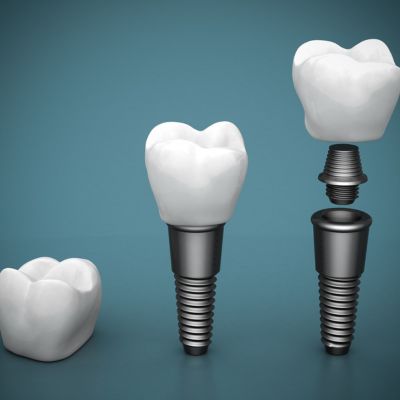

22
May
Dental Implants and Smoking: Effects and Risks

Smoking is known to have numerous negative effects on overall health and can also impact the success of dental implant procedures. Here’s what you need to know about the effects and risks of smoking when it comes to dental implants.
Smoking and Implant Failure:
Smoking is a significant risk factor for dental implant failure. Nicotine and other harmful chemicals in cigarettes can slow down the healing process and reduce blood flow to the gums and bone, which is essential for proper implant integration. This can increase the risk of implant failure, implant loss, and other complications.
Smoking and Bone Loss:
Smoking has also been linked to increased bone loss in the jaw, which can compromise the stability of dental implants. This can lead to further implant failure and require additional procedures to correct the issue.
Smoking and Gum Disease:
Smoking is a major contributor to gum disease, which can also impact the success of dental implant procedures. Gum disease can cause bone loss and affect the gums’ ability to heal, making it harder for implants to integrate properly.
Quitting Smoking:
While quitting smoking can be challenging, it is crucial to improve the chances of successful implant placement and overall oral health. Studies have shown that quitting smoking can help improve implant success rates and reduce the risk of complications. If you are a smoker, it is recommended to quit smoking before undergoing any dental implant procedures.
Smoking can have a significant impact on dental implant procedures, increasing the risk of implant failure, bone loss, and gum disease. Quitting smoking can improve the chances of successful implant placement and overall oral health. It is important to discuss your smoking habits with your dentist or dental implant surgeon before undergoing any procedures to ensure that you receive the best possible outcome.
